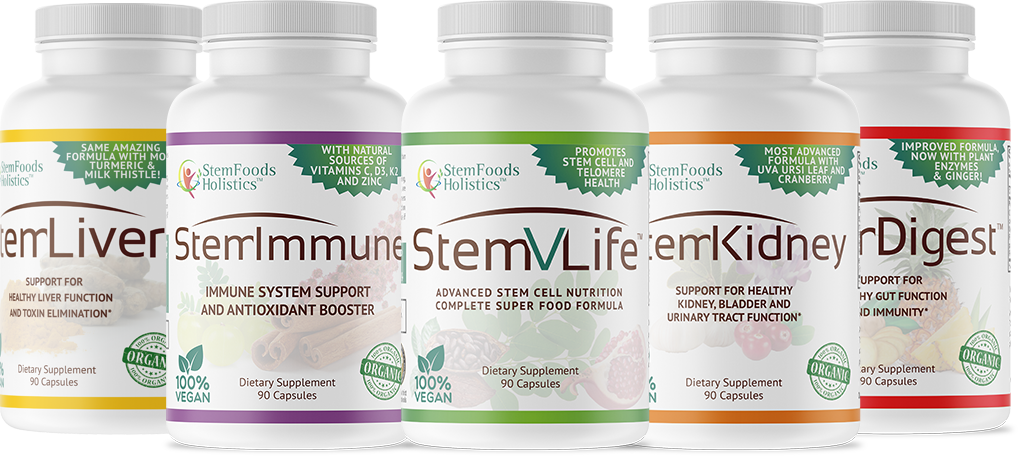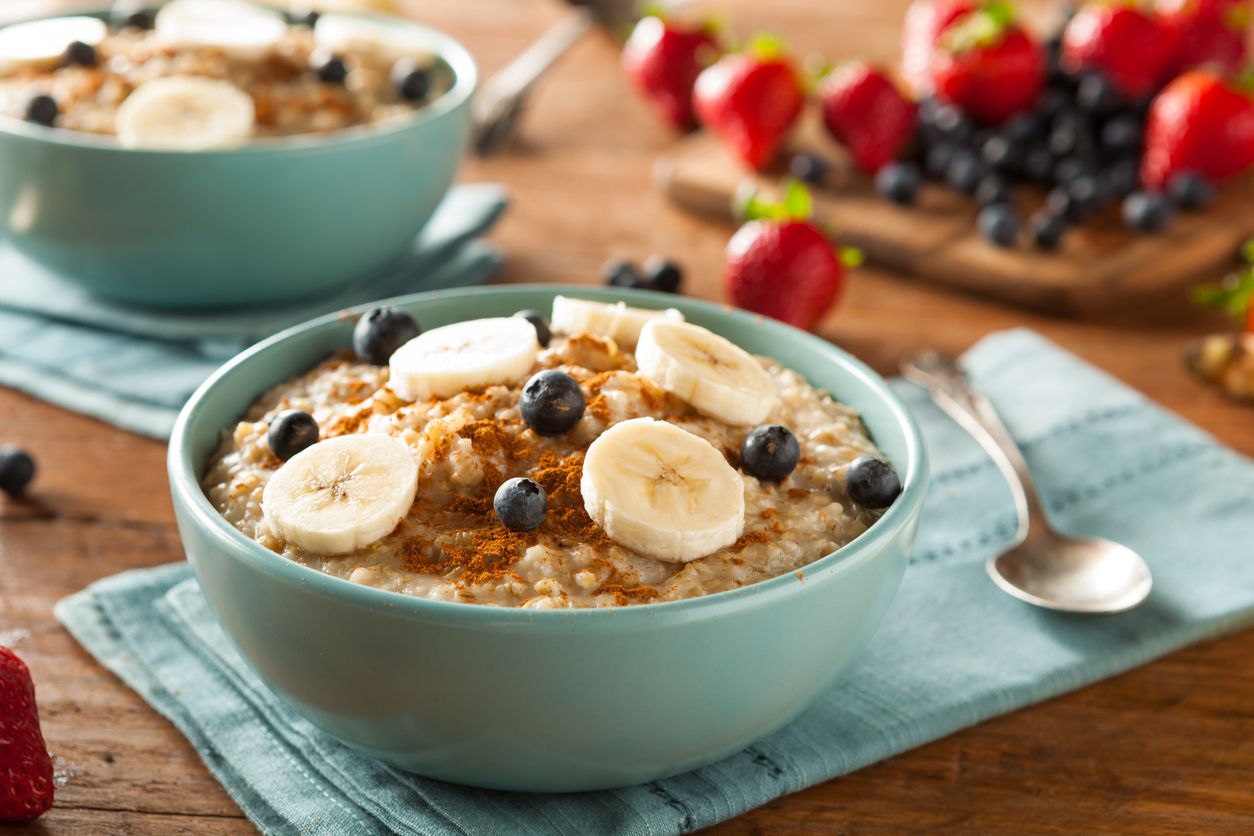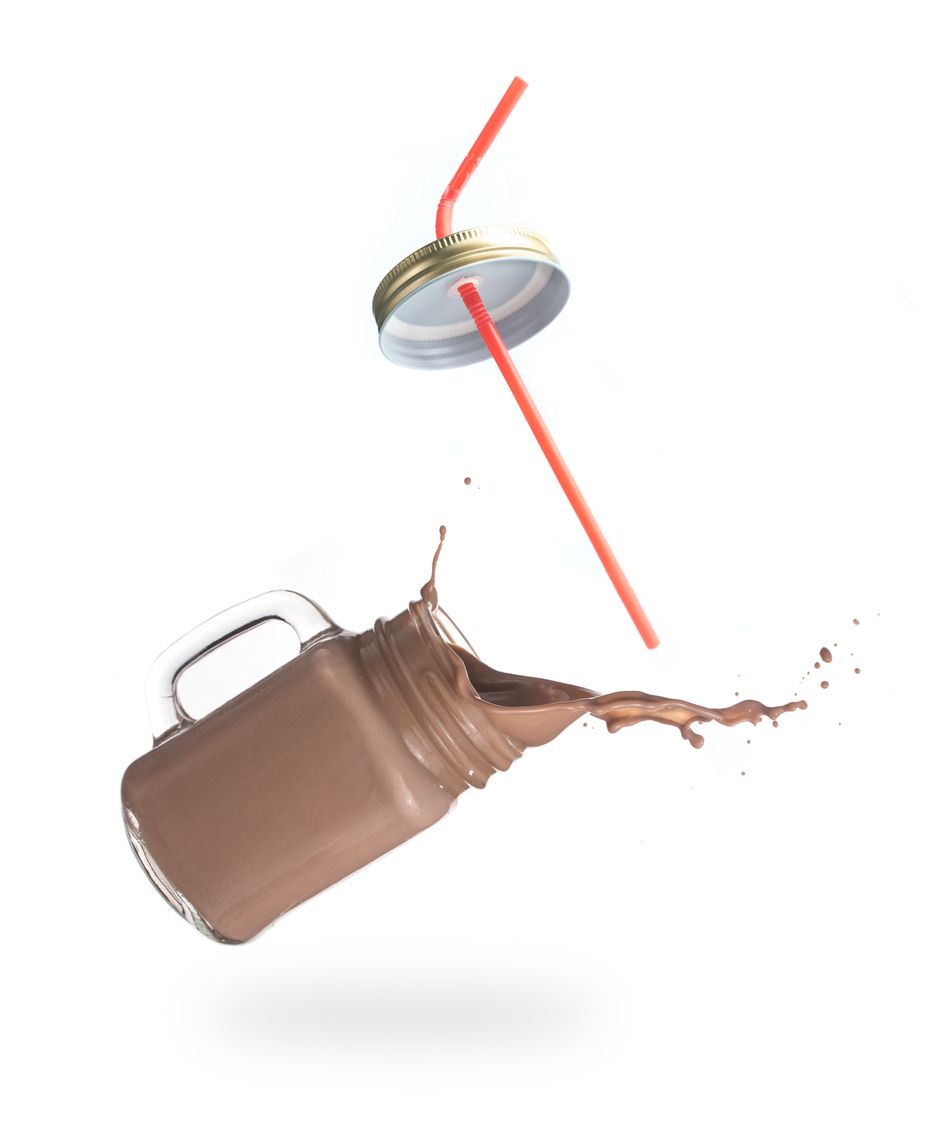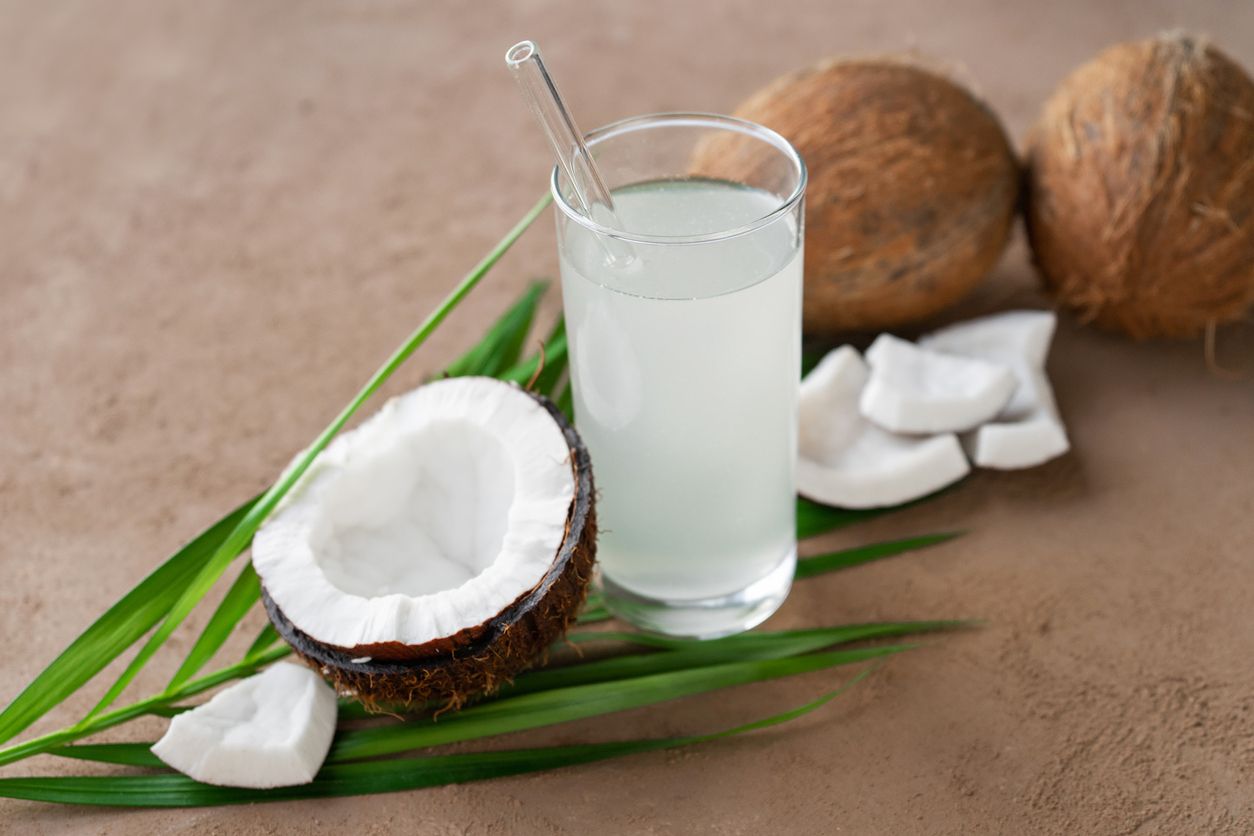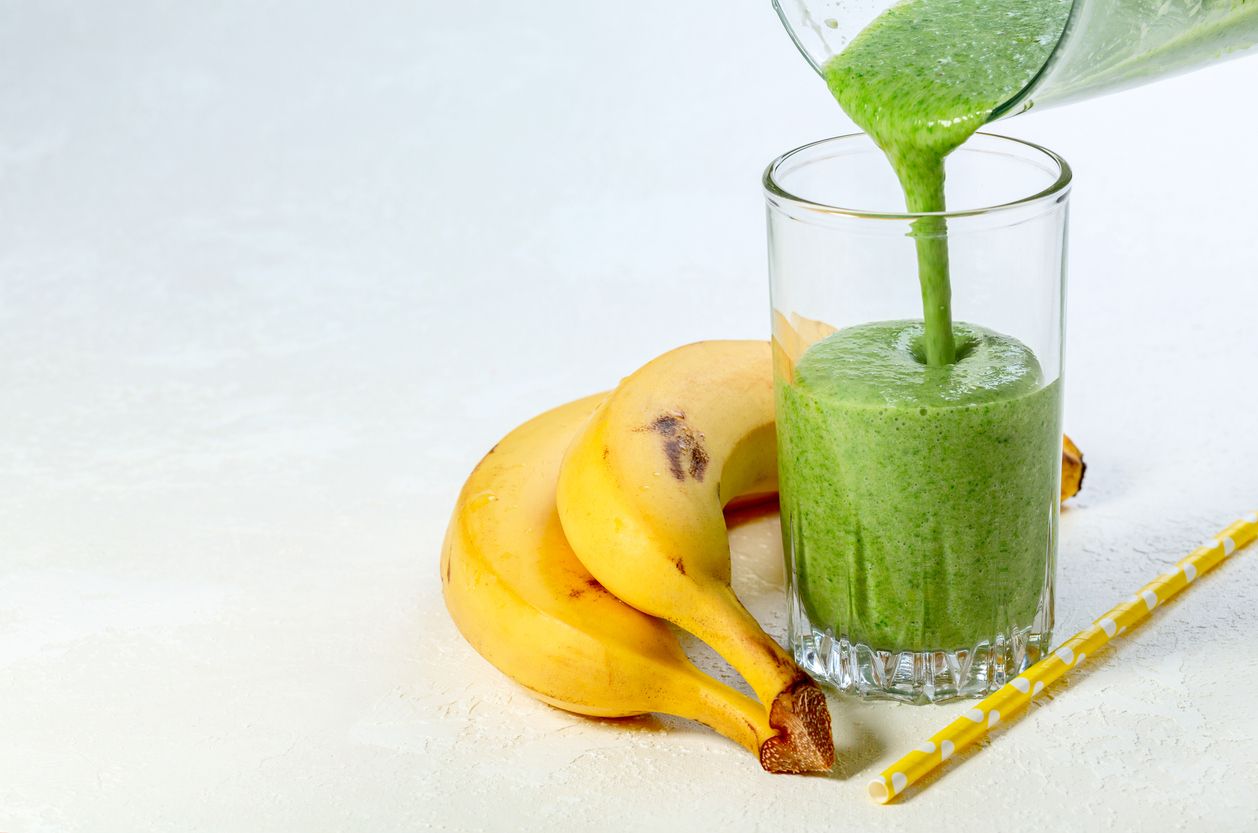5 types of diabetes explained
Good news you might not know about
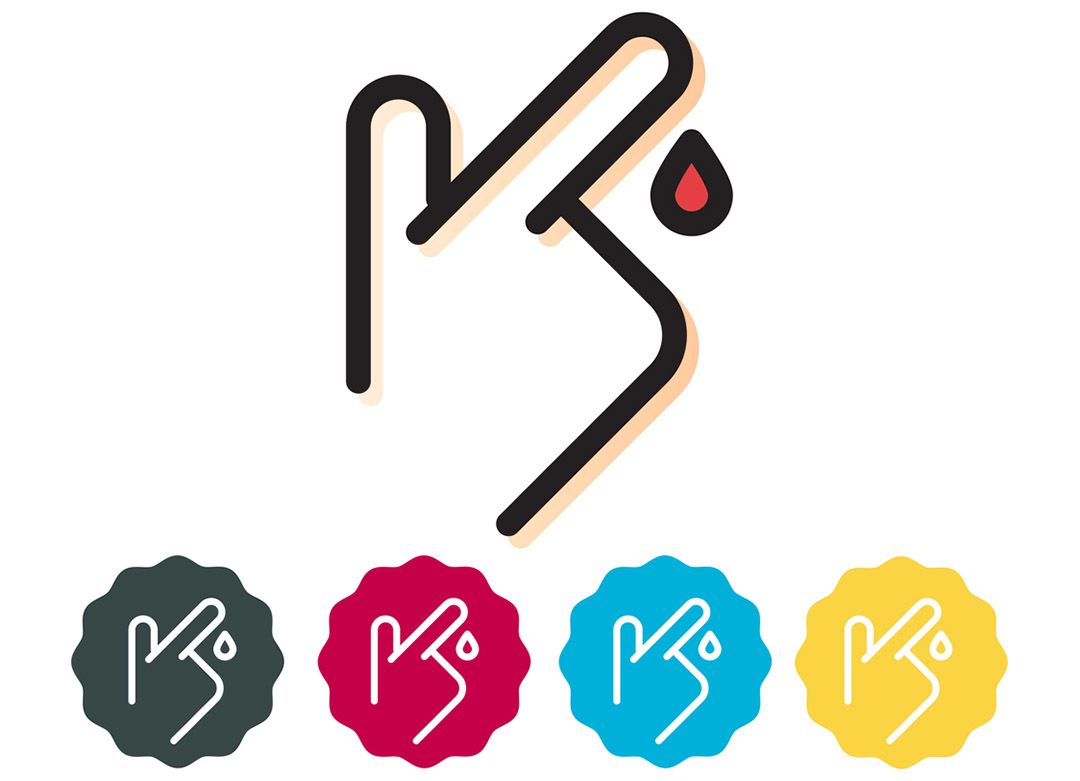
In order to fix a problem, we have to first be aware it is there. Diabetes is not the terrifying diagnosis it used to be, but if we’re not aware we have it, it can become a serious problem. If you have been diagnosed with diabetes, there is good news: Insulin resistance is reversible. After decades of studies and research, it is now clear that insulin resistance can be reversed with the proper diet. Proper diet includes water and supplementation.
In simple terms, insulin resistance is the inability of insulin to deliver glucose to the tissues it is supposed to deliver them to. Normally, after we eat and food is digested, insulin takes glucose to enter tissues so that glucose can be used for energy. But when there is insulin resistance, glucose can’t enter those tissues. It is trapped in the blood because fats are blocking those tissues. Even though this information has been known for over 100 years, the new book, “Mastering Diabetes” by Cyrus Khambatta, PhD, and Robby Barbaro, MPH, explains how easy it is to reverse insulin resistance in the 21st century. Let’s understand each type of diabetes:
- Type 1 diabetes: Auto-immune condition where the pancreas makes little or no insulin. This is usually diagnosed during childhood or adolescence. That is why it is also called “juvenile onset diabetes.”
- Type 1.5 diabetes: This is the same as type 1 diabetes, except that it is usually diagnosed around age 30 or above. It is slow acting but slowly destroys the pancreas’ ability to make insulin.
- Prediabetes: This is your body warning you to wake up and take action because you are headed to type 2 diabetes if you don’t make some lifestyle changes. If your fasting blood glucose is between 100 to 125 mg/dL, or if your A1c is between 5.7% and 6.4%, then you’re starting to become insulin resistant.
- Type 2 diabetes: When your fasting blood glucose is 125 mg/DL or higher or when your A1c is 6.5% or higher you are dignosed with type 2 diabetes. There are two types of type 2 diabetes:
- Non-insulin dependent, where your body is still producing insulin.
- Insulin dependent, where your body cannot produce enough insulin.
- Gestational diabetes: This type of diabetes occurs during pregnancy. Even though it usually disappears after giving birth, it is still possible to develop into type 2 diabetes later.
Diabetes doesn’t need to be a scary diagnosis. With the proper diet of fruits, vegetables, greens, legumes, starches, and pretty much all the delicious foods that grow in the Earth, it is possible to reverse insulin resistance. It is imperative to avoid all animal products (including chicken and fish, not just red meats or pork), dairy (including cheese, butter, milk and yogurt), and processed foods (including chips, chocolate and pastries). For example, If you enjoy a baked potato, skip the butter and sour cream, and instead add chives, beans, diced tomatoes, homemade salsa, chopped onions and peppers.
Get in the habit of reading labels and avoid products that have saturated fats and trans fats. It sounds difficult at first, but as you transition to a whole-food, plant-based lifestyle you’ll start feeling better and more energetic. It is not always easy to find all the nutrition we need. That is why StemFoods Holistics is here to provide a wide array of superfoods and nutrients in our line of supplements. We are passionate about helping people in their health journeys. Our supplements cover such relevant areas as elimination organ health (StemLiver, StemDigest and StemKidney), as well as stem cell health (with StemVLife) and the immune system (with StemImmune).
We hope you learn more about the whole-food, plant-based lifestyle to help you reverse insulin resistance. If you want to chat with us, give us a call and we’ll be happy to give you suggestions and ideas.
